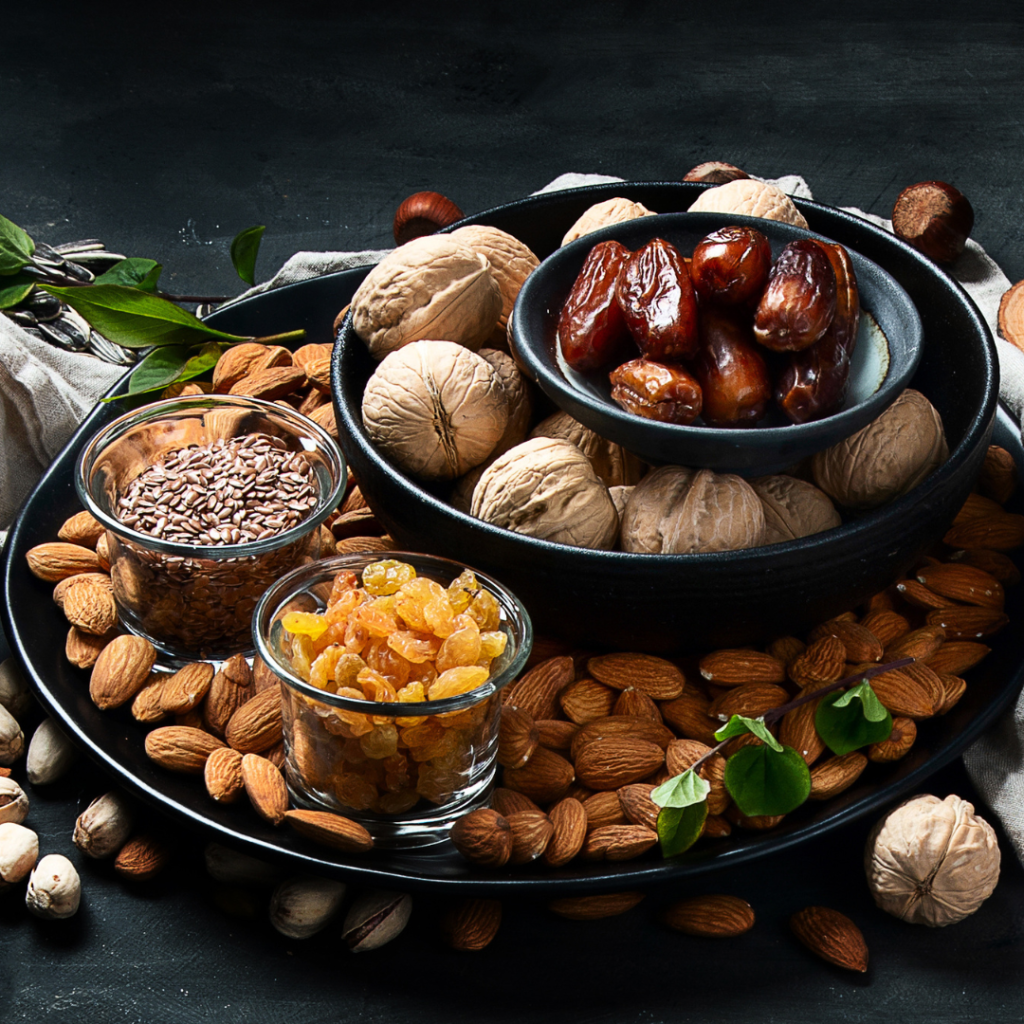Googling any nutrition-related topic will give you conflicting results and probably leave you even more confused than when you started. For instance, search “is fiber good or bad for you,” and you will find an extremely long list of articles, all with different information. Don’t worry, CoreLife’s dietitians are here to help!
Dietary fiber is a nutrient found only in plants, such as fruits, vegetables, and grains. It is sometimes referred to as roughage or bulk. Research shows that fiber may help protect against certain diseases such as cancer, diabetes, and heart disease.
There are two types of fiber, soluble and insoluble. Soluble fiber can help stabilize blood sugar levels and lower cholesterol. They are more common in foods such as beans, peas, oats, barley, and citrus fruits. Insoluble fiber can help food move through your digestive system, promoting regularity and helping prevent constipation. Sources of insoluble fiber include beans, whole wheat, nuts, and potatoes. Now that we understand what fiber is, let’s dive into why fiber is important!
Why is Fiber Important?
Dietary fiber keeps you “regular” by increasing your stool’s weight, size, and softness. Bulky stool is easier to pass and decreases your chances of constipation. Fiber plays a role in weight loss because foods high in fiber make you feel fuller and can replace higher-calorie foods in your diet. Not only can foods high in fiber help with constipation, but they can also help with diverticulitis, hemorrhoids, and irritable bowel syndrome.
Now you may be wondering which type of fiber is more important to have in your diet. Both of them! You need soluble fiber to help improve digestion and lower blood sugar, while insoluble fiber softens your stool, making it easier to pass.
Some people believe fiber is bad because too much fiber can cause bloating, constipation, and mineral deficiency. These symptoms happen when we add too much fiber too quickly and without properly hydrating. In order to properly digest fiber, we also need water. Our dietitians recommend increasing fiber while also increasing hydration.
Fiber Recommendations
Of course, we wouldn’t tell you that fiber is needed in your diet without telling you how much you need. For children 3 to 18 years old, add “5” to their age. So children that are 9 years old need at least 9+5=14 grams (g) of fiber per day. For adults, needs vary by age and gender:
- Men 50 years old or younger need 38(g) a day
- Men 51 years old or older need 30(g) a day
- Women 50 years old and younger need 25(g) a day
- Women 51 years old and older need 21(g) a day
Increase the amount of fiber in the diet slowly, so you do not develop a crampy, bloated stomach.
Make sure to drink plenty of liquids as you increase your fiber intake. Also, try to increase both types of fiber to ensure that you get all the benefits. To learn more about the different sources of fiber, check out these tips from our dietitian!
To get started with CoreLife, contact us at (800)905-3261 or fill out the “Contact Us” form located here.
